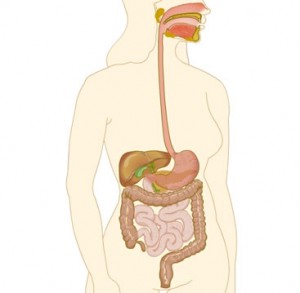Monday, June 25, 2012
Rectal cancer
Rectal cancer is common and feared, because in most cases is synonymous with artificial anus. However, considerable progress has been made at the surgery to keep the calendar year, removing only the diseased glands.
Tips
If we notice that we have blood in the anus, however slight, even if we have hemorrhoids, we realize ourselves a DRE, and colonoscopy. In any case, we recommend a colonoscopy after age 45, especially from those with a family history of colon cancer or rectal cancer.
The causes
The rectum is the terminal part of the colon. The cancer usually comes from a benign lesion called a polyp. Men are more likely to suffer, especially after age 50. In most cases, the appearance is spontaneous, but there are cases where a family history.
The query
Rectal cancer is formed gradually. It is not normally painful (except in advanced cases). In some situations tend to get streaks of blood in the stool, but usually in small amounts (single residue). This signal should lead us to see a doctor, despite having hemorrhoids or an anal fissure, which also tend to bleed.
It is essential to have a review after 45 years of age, to undergo a colonoscopy, in the case of a first degree relative with the same problem in the colon or rectum. Other symptoms of rectal cancer are rare and occur in more advanced forms. It could be constipation, aches, or soreness, or false like going to the service.
Treatment
The mainstay of treatment of rectal cancer is surgery. This is to remove the segment of bowel containing the tumor and lymph nodes that may be affected. The problem is that the rectum is located in the terminal part of the colon, just above the anus, and sometimes it is difficult to remove a rectal cancer that is very near the anus, without having to also remove the latter.
Labels:
Cancer
Subscribe to:
Post Comments (Atom)




0 comments:
Post a Comment